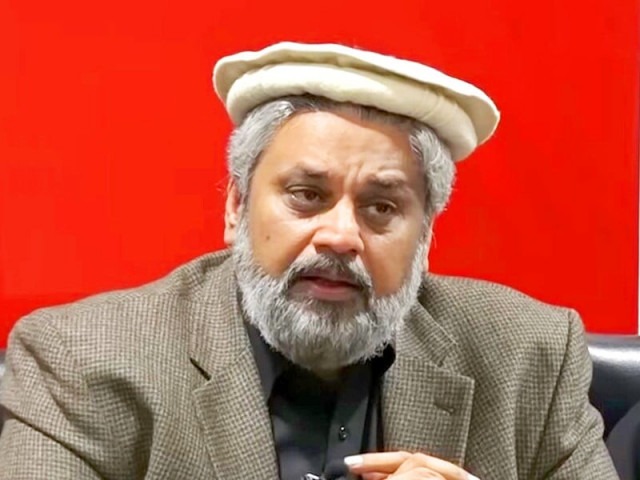Arrest in Faisalabad
Senior leader of the Sunni Ittehad Council (SIC) and Member of Pakistan’s National Assembly, Sahibzada Hamid Raza, has been arrested by police in Faisalabad. Authorities confirmed that he has been transferred to Faisalabad Central Jail following his detention.
According to police officials, Hamid Raza was facing several cases related to violent protests and attacks on sensitive institutions during past political demonstrations. These charges, they said, resulted in a local court sentencing him to 40 years in prison.
Background and Legal Context
Law enforcement sources claim that the arrest had been pending for some time. Despite multiple attempts, police had been unable to apprehend him due to various circumstances, which were not specified. His detention now marks a significant development in a broader crackdown on political unrest in the region.
Pakistan has seen a rise in politically motivated protests and public disorder cases in recent years, with authorities intensifying their response against participants accused of violence. Human rights groups, however, have often raised concerns over the fairness of such trials and the use of anti-terror or public order laws against political figures.
Recent Political Moves
In September this year, Hamid Raza resigned from his position as Secretary of Information of the Tehreek Tahaffuz-e-Aain Pakistan (Movement for the Protection of Pakistan’s Constitution). He said the decision was made in line with party instructions.
The Sunni Ittehad Council, a religious-political alliance, has been active in Pakistani politics, particularly representing Sunni Barelvi interests. Hamid Raza, known for his outspoken political stance, has previously held prominent roles within the party and has been a vocal critic of government policies.
Next Steps
It remains unclear whether Raza’s legal team plans to appeal the court’s verdict or seek bail. As of now, officials have not provided further details regarding his imprisonment conditions or potential court proceedings.
His arrest underscores the deepening tension between religious-political groups and state authorities, as Pakistan continues to grapple with balancing political expression and law enforcement.















